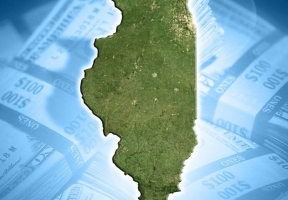

Illinois’ continued struggle against COVID-19 leads Illinois Comptroller Susana A. Mendoza to announce that for a second year, low-to-moderate-income working families in Illinois will not have unpaid fines deducted from their state income tax refunds. Last year’s suspension of fine collections gave more than 50,000 families who qualified for the Earned Income Tax Credit (EITC) access to an estimated $18 million that would have been otherwise intercepted. Public-interest groups that advocate for poor families asked for this relief. For this tax year, the Comptroller’s Office will not offset state tax refunds going to families or individuals who qualify for the state EITC, which is based on the federal EITC and is a widely accepted standard for determining who is considered low or moderate income. For the current tax year (2021), which means a family of four, consisting of a single parent with three children, earning $57,414 a year or less. A single person earning $21,430 a year or less also qualifies. All the families benefitting from this policy change are, by definition, “working class.” If you do not earn income and file a tax return, this policy will not affect you. Here are a few things the Comptroller’s actions do NOT do:
• This policy does not eliminate fines, but rather defers collections to help people struggling through this pandemic. This is not an amnesty. The Comptroller’s Office does not have the authority to forgive debt.
• People still have a legal obligation to pay traffic and parking tickets and other fines. Cities can hire private collectors to collect these unpaid obligations, so the Comptroller’s Office encourages people to pay those fines.
• At this point, the Comptroller’s Office does not expect to extend the suspension beyond this year.








